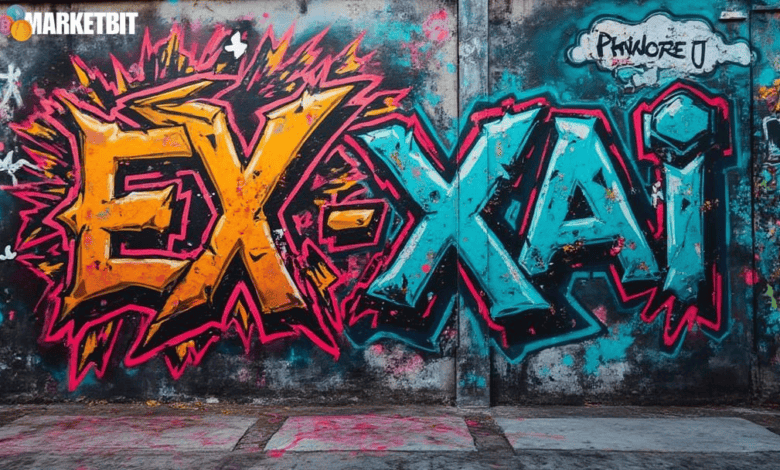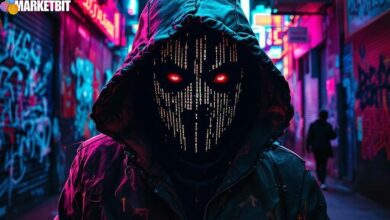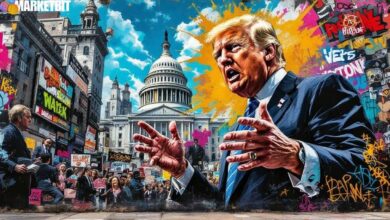Ex Populus Sues Elon Musk’s xAI Over Trademark Rights

- Xai sues Elon Musk’s xAI over trademark rights.
- $XAI token market cap plummets by 96.7%.
- Regulatory involvement may alter industry naming norms.
Ex Populus, the Xai gaming network operator, has filed a lawsuit against Elon Musk’s xAI in California alleging trademark infringement due to brand confusion over the ‘XAI’ name.
The lawsuit highlights trademark protection challenges in the crypto and AI sectors, with Ex Populus’s $XAI token suffering a 96.7% market cap drop, reflecting investor upheaval.
Ex Populus, operator of the Ethereum gaming network Xai, has taken federal legal action against Elon Musk’s xAI for trademark infringement. The lawsuit, filed in California, alleges name confusion could impact brand trust significantly.
The lawsuit involves Ex Populus and Musk’s firm, xAI. Ex Populus developed the Xai gaming platform and the $XAI token, while Musk launched xAI focusing on AI research. No official statements were found from Musk.
The immediate aftermath saw the $XAI token dive by 96.7% in market capitalization, largely due to investor uncertainty. The U.S. Patent Office responded by suspending xAI’s trademark applications, hinting at potential brand confusion.
Financial implications are profound, with reputational and economic impacts. Legal outcomes could redefine branding in the blockchain and AI sectors, considering the high-profile nature of both companies involved.
The lawsuit might lead to broader regulatory changes in how tech brands approach naming. Historical precedents suggest potential suspension of brand applications and increased naming scrutiny. Industries are keenly observing outcomes that may set benchmarks.
“Ex Populus took legal action today to protect the Xai brand. With increased confusion around Elon Musk’s AI company (@xai), it’s a big responsibility to safeguard the brand that the community trusts.” — XAI 🎮⛓️, Founder, Ex Populus
Potential outcomes include clarified naming regulations and heightened branding due diligence within tech. These events could foster a more stringent environment, given the U.S. Patent Office’s reaction and legal precedents.





